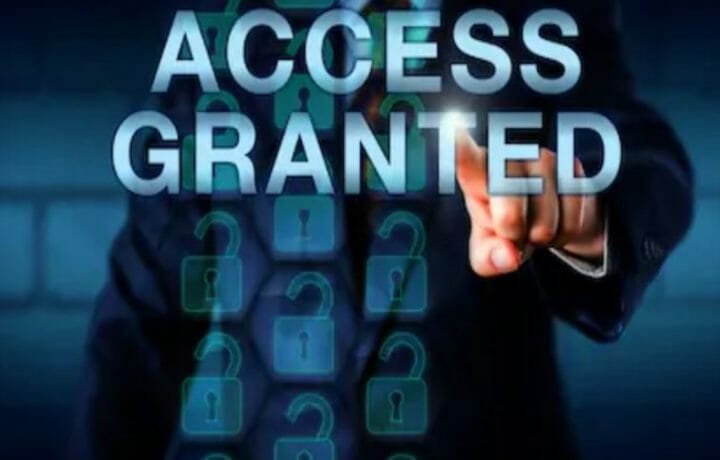It seems that most Americans these days are worried about how the coronavirus will impact their health, the health of their loved ones, and their financial portfolios. Those applying or reapplying for a security clearance have another reason to be anxious.
Federal government employees and contractors haven’t been among the many news stories of hourly employees losing their jobs; and yet we are seeing anticipated start dates postponed indefinitely. Others are facing increased wait times to resolve issues like security clearance suspensions or JPAS incident reports.
The only real solution for breaking the log-jam is flattening the coronavirus yield curve and getting employees back to work. The good news is adjudicators at the Department of Defense Consolidated Adjudications Facility (DoD CAF) were already working part of their regular tour of duty remotely, so stay-at-home orders haven’t appeared to impact them dramatically. But adjudications at some other federal agencies – and the background investigations they rely on to determine eligibility – may see delays.
If DoD CAF can figure out secure remote work arrangements for their adjudicators, one would assume that other federal agencies could follow suit. They have historically declined to do so, ostensibly for security reasons, with the result being an adverse impact on continuity of government in the event of a major public health crisis, civil disturbance, or terrorist attack.
The effective implementation of technology is one of the most significant challenges faced by the new Defense Counterintelligence and Security Agency after taking over the Office of Personnel Management’s background investigations function that was effectively frozen in the 1990’s. Fortunately, they have remained ahead of the curve by allowing phone or VTC interviews and increasing the opportunity for phone verification. They’ll need to do a lot more to keep pace with the challenges posed by the coronavirus.
Hopefully, for the sake of health and safety foremost, the coronavirus will be extinguished quickly through the advent of vaccines, the adaptability of already-existing drugs, and concerted efforts by all of us to exercise responsible behavior like social distancing. Until then, you may expect some clearance processing delays – but don’t expect things to grind to a halt.
This article is intended as general information only and should not be construed as legal advice. Consult an attorney regarding your specific situation.




